Jonathan Plotzker-Kelly, founder of Heliotrope San Francisco, has spent over a decade crafting high-quality, all-natural skincare products rooted in ...
Jen Zieger on Cultivating a Thriving Karate School in Detroit
Written by: Esther Strauss
Esther is a business strategist with over 20 years of experience as an entrepreneur, executive, educator, and management advisor.
Published on December 21, 2023
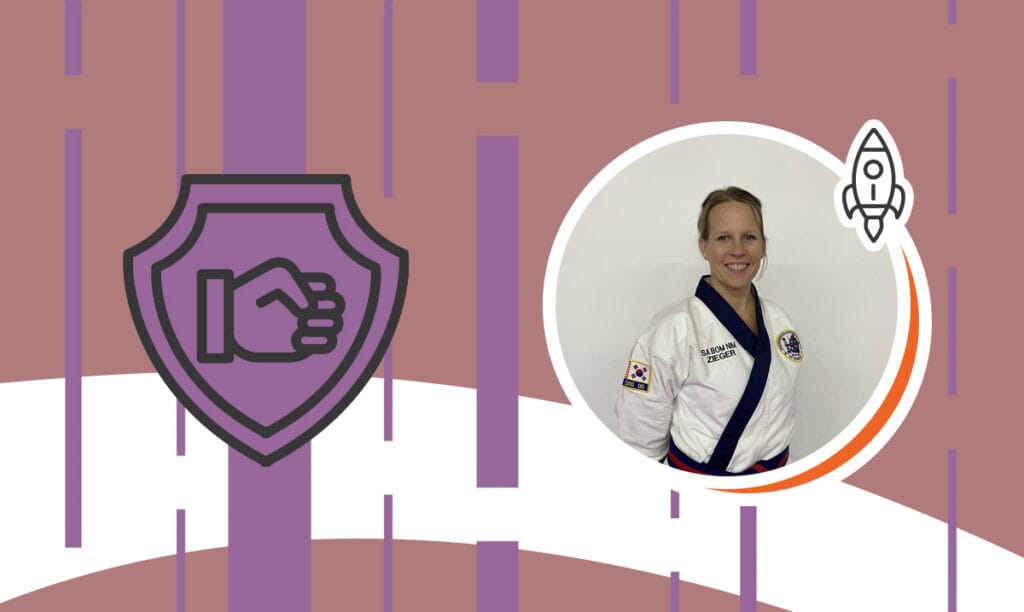
In this interview with Jen Zieger of PKSA Karate Detroit, we delve into the journey of establishing and nurturing a martial arts school in the heart of Detroit. From the initial spark of inspiration to the unique challenges faced, Jen shares insights into reaching and engaging a target audience in a competitive market. We explore the pivotal role of community involvement, the importance of customer feedback, and effective marketing strategies that have shaped PKSA Karate Detroit. Additionally, Jen reflects on significant learning experiences and offers invaluable advice for aspiring entrepreneurs in the martial arts industry. This conversation not only sheds light on the business side of martial arts but also on the passion and dedication required to thrive in this field.
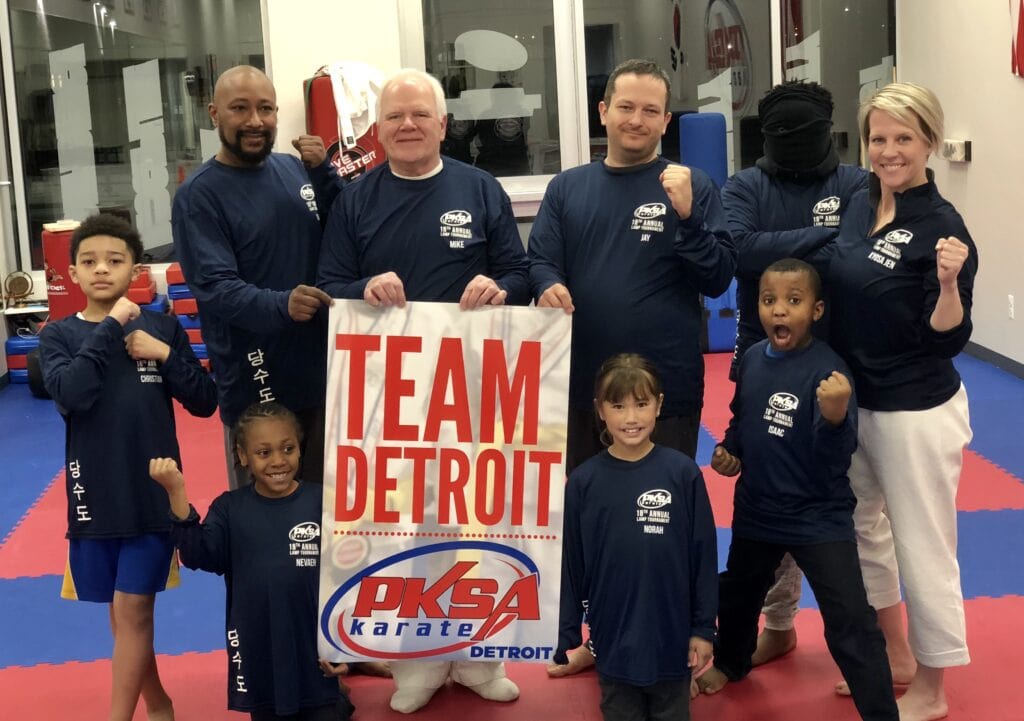
Origins and Inspiration for PKSA Detroit
SBS – What inspired you to start PKSA in Detroit?
Jen – I grew up dancing in a ballet company and had always performed and competed. As I got older, I could not dance. I no longer had the physical ability. But with karate, you’re able to do it, no matter your age.
Then, I went to college. I wanted to be a teacher. However, some things had changed; No Child Left Behind went into place, which was testing legislation. I didn’t want to teach kids to test; I wanted to teach kids to understand and comprehend. I had a tough time with that legislation, so I ended up getting a business degree.
My background is in hospitality. I’ve worked there for 25 years. My oldest daughter started doing karate. I sat and watched, and I saw other adults participate. I thought, “Why am I sitting here when I could also be doing it?” Then I started training, and I absolutely loved it. It was something that fulfilled my needs in many ways.
We teach the traditional martial art of Tang Soo Do. This is similar to Taekwondo, but it’s not a sport. It’s still considered an art. It serves to improve every aspect of self. It’s the mindset — constant mental, physical, and emotional improvement. I just loved it, for my kids and myself.
While going to school to be an educator, I worked in urban schools, and my goal was to be an urban educator. So, I just put a couple of things together — my MBA, my business background, my love for karate, and my love for teaching — and I opened our location in Detroit. Now, I get to be an urban teacher and teach others to understand, learn, and grow in every aspect of self — without politics. I get to be a mentor and a leader to families and kids. We became a karate family. We all lean on each other and have a whole community with the same mindset of growing, learning, and making ourselves better every day.

Target Audience Outreach and Marketing
SBS – How did you reach your target audience?
Jen – People say that’s hard. You should have a niche market, and you should have a target audience. I said we’d take kids as young as three or four, and there is no age limit. We will modify your training to your ability. When we say we’re all ages and abilities, I mean it. You don’t have to be able to do a jump-spinning backkick to be a great martial artist. That’s not the point.
It’s nice if you have some background, but much of it is just mental and emotional, being strong in these ways and then learning the self-defense that makes sense for you. I started by picking a niche market. Who wants to do karate? Who wants to train? I started by looking for families because the elementary school age bracket typically is our highest enrollment.
SBS – I guess you had some advertising, but were you getting into schools to give out flyers about the club?
Jen – I tried to reach out to schools, but I’m in Detroit, so it’s a huge school district. Also, there are a ton of charter schools throughout the city. So, it became like a one-on-one relationship. I didn’t have the opportunity to go to an administration and send out flyers, whereas if you’re in a smaller neighborhood, it’s easier. It was harder to get into the schools.
But I did social media marketing, of course, and I put flyers up around some neighborhoods. Then, I went to Wayne State University, which is right up the street from our location. We’re located in Cass Corridor (now called Midtown Detroit), about half a mile from it. I put postcards all over the university’s public library, local shops, and businesses. It was guerrilla marketing — just getting out and around.
Then, we started looking for opportunities to do vendor fairs or partner with parks and rec events and working with the city of Detroit to do any kind of event that we could for exposure and to engage with the community in any way. We were trying to engage with families and make a difference. That was how we started, and then we started doing some in-school programming. Those relationships begin to grow, but it takes years for those things to grow to a level.
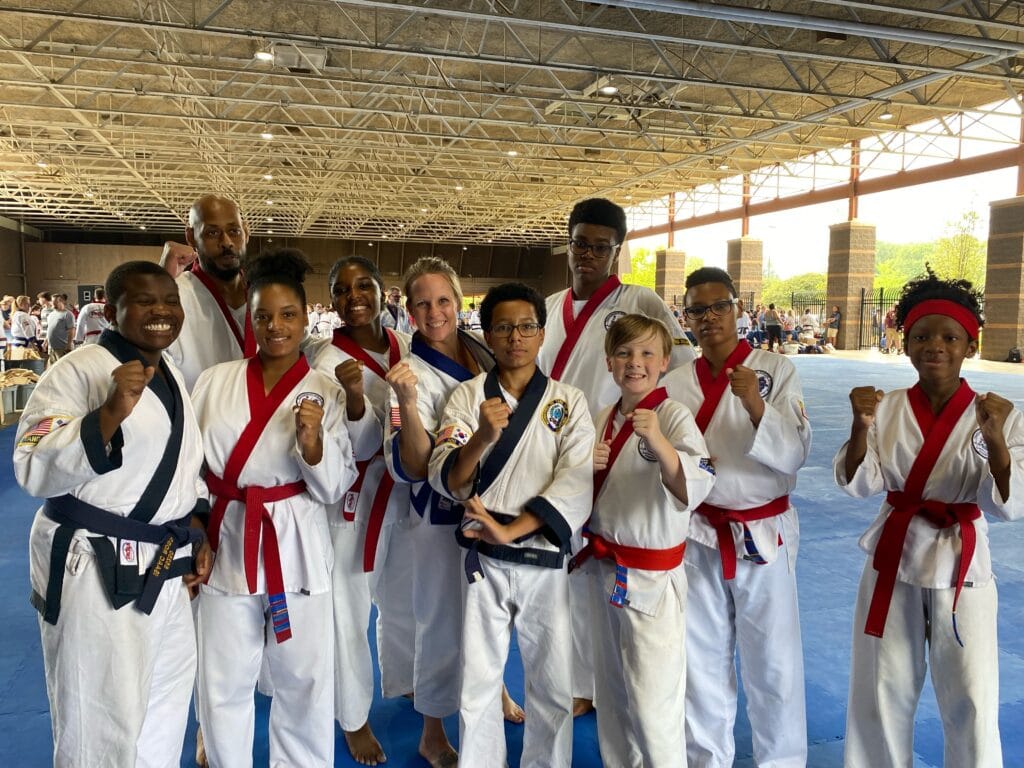
Overcoming Challenges in Early Stages
SBS – What were some of the challenges in the initial stages of your business? Were you afraid that no one would come to train?
Jen – Yes, I was terrified! We have a fantastic landlord (we’ll call him a landlord, but it’s really like a partnership). We rent our space from an organization called Cass Corridor Neighborhood Development Corporation (CCNDC) in Detroit. It’s a nonprofit, and they do all kinds of developments throughout the city (like affordable housing). They are a great advocate for the neighborhood. We were so lucky to find a space with this great organization.
For the first year, the space was being developed through grant funding. It was an old building that needed a lot of rehab. They turned this big empty space into two spaces: one half would become a restaurant, and the other half would become a karate school. In the meantime, while that development was happening, we did classes out of the community center in the same building just a few doors down. They gave us access to the community center to start building a student base.
It was much more affordable that way. We paid for sure, but we paid a portion of what our rent would be. People want to jump in and have this huge, beautiful space, but it’s not practical from a business-starting standpoint. So, we worked out of the community center for a whole year. In our second year, we went to the space that was being built, and we stayed there for two years.
Then, we started to outgrow that space, and the same organization had another spot in the same building. I know that’s a huge blessing, but it’s not normal for those things to happen. They were able to build out the next space because we were a viable business that was interested, and we moved there in October of 2019. So, it’s been three years until we got into what I would call our dream space. It is absolutely beautiful. We can train at about 4,500 square feet of open, high-ceiling space (no beams, no upright poles).
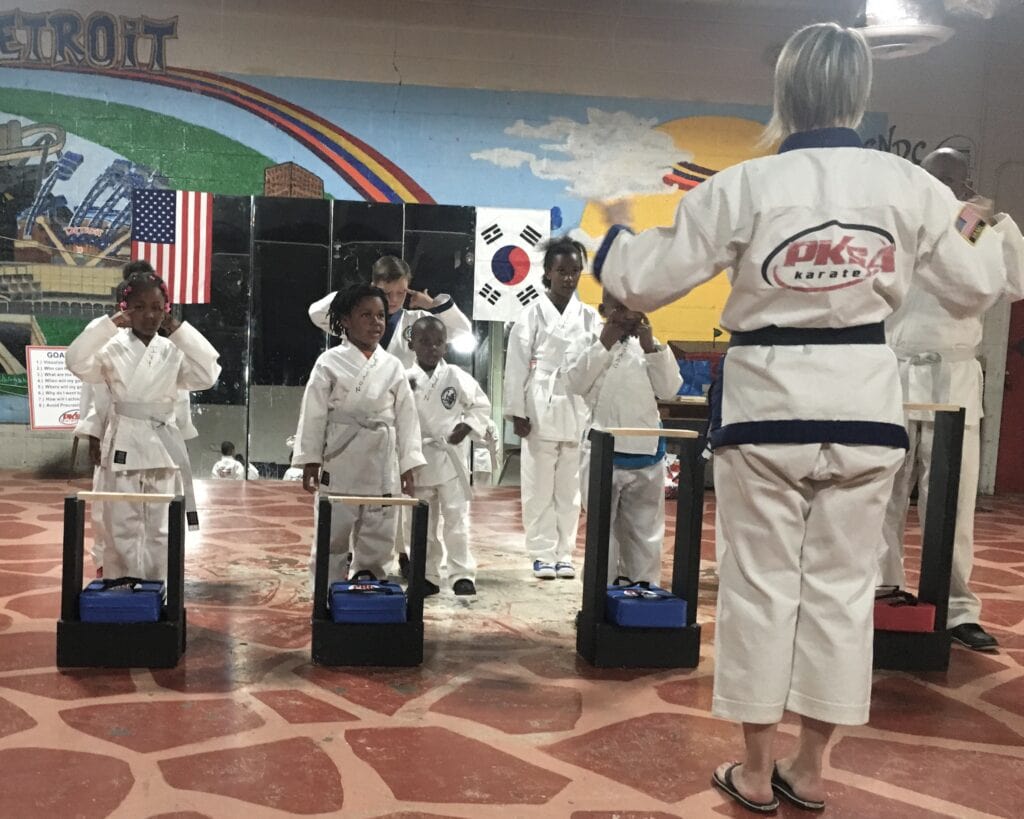
Current Student Base
SBS – How many students do you have now?
Jen – We have about 100 students regularly. Our peak was at about 135. We have maintained 100 since before COVID. Right at the peak of COVID, we had attrition, like everything and everyone. We lost about 40% of our students, and then most came back. During COVID, we only trained from home. We never skipped a day. From when we were shut down to that Monday, we did classes on Zoom for three months.
Afterward, we went into a courtyard space behind the building, put Xs on the concrete, and started training outside. We’d pull a TV out and connect it to the WiFi so that if people were still training from home, they could do it on Zoom.
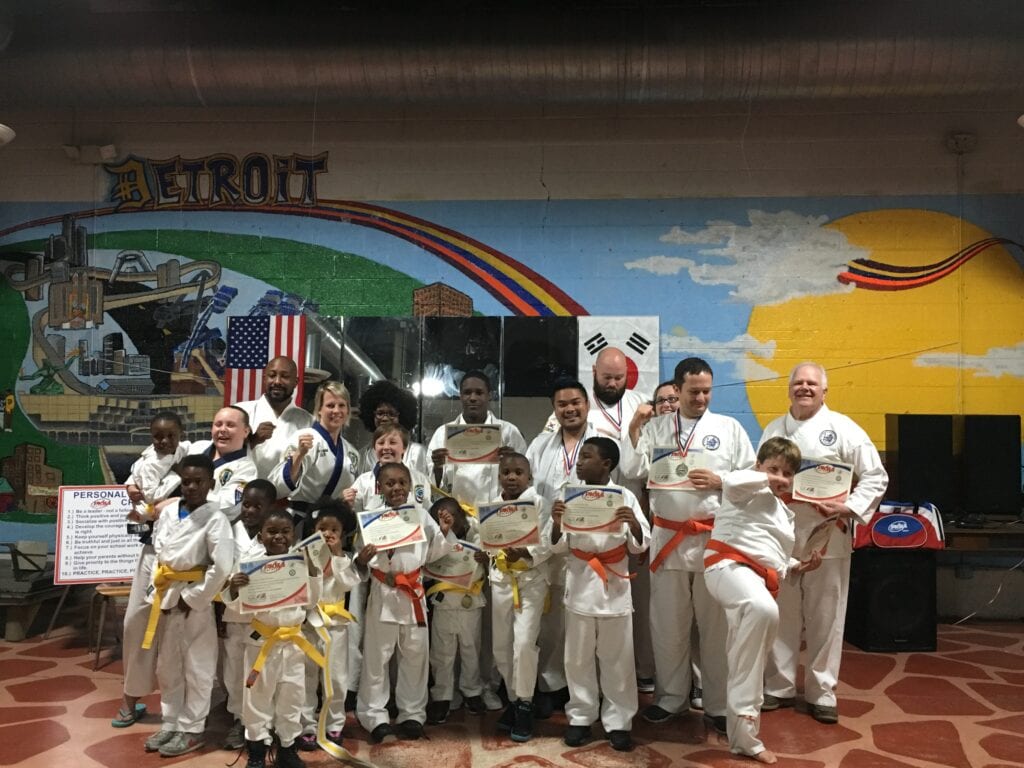
Setting Apart PKSA from Competitors
SBS – What differentiates your business from other karate schools in your area?
Jen – This is always a hard question and one you’re always trying to figure out as a business owner. We work to train in the traditional art of Tang Soo Do. We enjoy the simplicity of training in the martial art, keeping it true to our roots and history. We build a healthy, supportive environment for all of our participants. Everybody who is there is part of the family. We work to leave the nonsense outside. We make it a place where you get rid of all of that. We come and train and spend time together, getting stronger. We’re just honest in that effort. In many ways, it’s just very simple.
Evolving as a Martial Arts Entrepreneur
SBS – What learning experience have you gained as a martial arts businesswoman?
Jen – I opened and ran businesses in my hospitality career. I felt pretty ready to be an entrepreneur. I also had an MBA. However, I realized there was still so much I didn’t know. There were so many pieces. You shouldn’t be afraid to ask for help. Ask questions. Outsource the things you’re not great at; it’s no big deal.
There are some hidden costs or expenditures that you didn’t anticipate or budget for going into the business (because you didn’t know you were going to need to pay for some services). Just know that’s coming, and be humble and ask for help. Be open to that help. Most entrepreneurs are very headstrong and independent. That’s just part of the personality, so I don’t think many of us are apt to ask for help.
Customer Feedback Integration
SBS – What role has customer feedback played in shaping your approaches to teaching karate? Do you listen to what they need, or are you shaping those programs as you believe they should be?
Jen – I think it’s probably become both ways. You try to provide services and then adjust and adapt based on that customer feedback. I’ve tried different kinds of classes. My business is also figuring out what class should be at what time, on what day, and how that works for those who want to attend that class.
The schedule and providing the right services at the right time is one thing, but there’s also the right service in the right tone. I’ve definitely listened to customer feedback, and I take huge consideration into what people have to say as far as what we are offering and how we’re offering it, and I adjust appropriately.
Like I said, we’re a traditional school. It is important to keep it true to what it is, but we’ve adjusted. If we just taught traditional martial arts the way it was taught a hundred years ago, nobody would come because it’s righteously strict. So, we have adapted over the years to make it both strict and fun.
Team Selection and Training Standards
SBS – How do you choose and train your team? What kind of instructions do they get?
Jen – We have what we call our special team of role models (STORM). That’s done just from watching kids. I have kids, teens, and adults who all participate in that as we build future leaders within the school and the community. I just watched for certain attributes in kids. Certain people just step up to be leaders — sometimes, it’s the really shy ones. So, we do classes specific to our leadership team and have a guide and an instruction manual. We go through how to teach and the principles of teaching, leading, and instructing. We’re also showing them how to do correct praise (we never say something was terrible).
Then, we have a certification process for the first or second levels. If you are 18 or older, you can be a certified instructor and assistant instructor. Otherwise, you are a leader and role model on the STORM team. Your uniform identifies as such, you get a special patch, and you’re identified as a leader within the school. But you have to be an adult to be an instructor.
They’re not just learning to be teachers, but I also give them extra martial arts training time. So, I’m pouring a little extra into their training or teaching them something that wouldn’t normally have been in their class so that they’re getting extra exposure and gratitude for being a teacher.
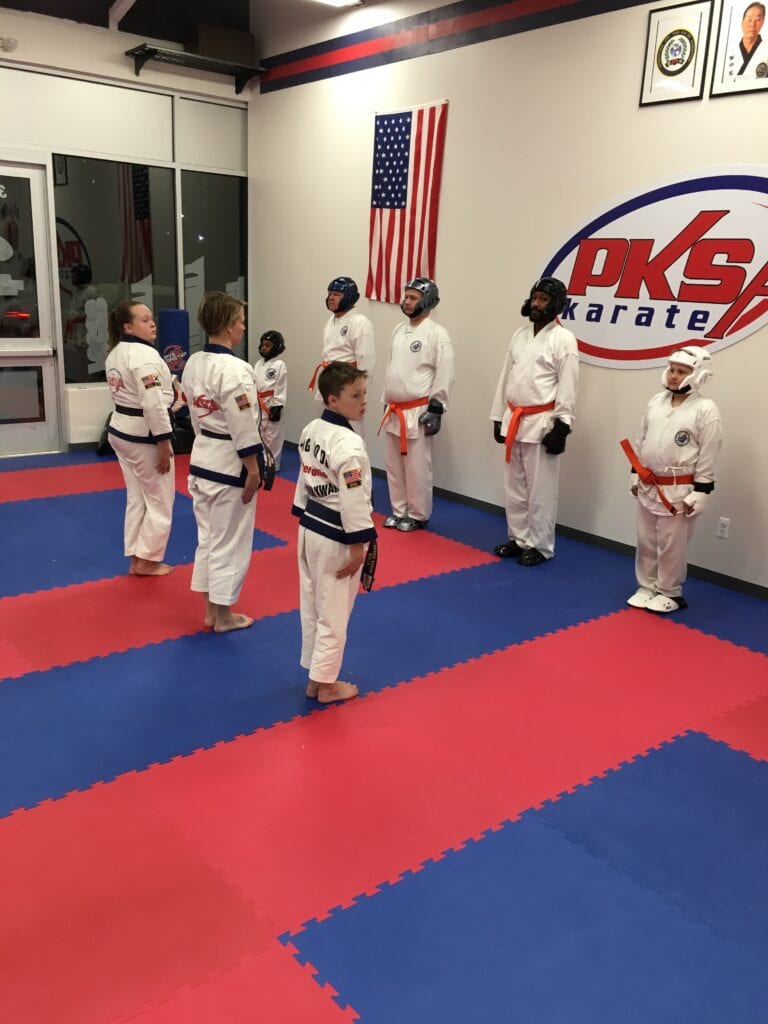
Evolution of Marketing Strategies
SBS – How has your marketing strategy changed since your business started?
Jen – We did every door direct mail (EDDM). You buy it through the Postal Service. It’s like a big postcard they drop off (like junk mail). It’s reasonably expensive, but I found that to be very productive. You just have to look at the postal routes. There’s a lot of strategy in picking those routes, so there’s homework, too.
COVID changed everything. It’s been different for other martial arts schools and PKSA school owners I’ve talked with. I’m not sure how they do marketing, but I have been successful with Facebook and Instagram ads. It’s not just that I boosted a post; I’ve become part of local Facebook groups. Because we’ve been around for some time and impacted so many families, as those posts go out, other families comment, and then other families share. It’s really like social media word of mouth. However, it’s still not free. It’s a couple hundred bucks each time, not immediate, but a long-term ROI.
Advice for Aspiring Karate Entrepreneurs
SBS – What kind of advice would you give someone who wants to start a karate club or a company today? Also, how do you measure business success?
Jen – I would encourage everyone and anyone who wants to start a business to sit down and write down the “why”s. Why are you doing this? Why do you want to do it? Remember your inspiration and go back to it. You will want it written down in a special place because it gets hard.
You get into the grind of the business, trying to make the rent or get something done, and there are failures along the way. Even when it’s so hard, you just have to remember why. It becomes a strong reminder when things get weird or you feel a shift in your business. You can reflect on where you want to go. It’s an integrity check. Go back. Why did you start the business in the first place? Not what it’s become or what things around you have become, but what was your intention? Are you staying true to your intention? Your intentions probably did not change, but the environment did. It guides so many other choices.
I think that also becomes how you measure success. Was I true to myself? Did I follow my intention? Did I get off course? How do I get back on course? Am I not feeling successful, and why? Well, maybe you started focusing too much on the money rather than the intention. Or you’re focusing too much on your intention and not making enough money.
Keep that balance. It’s not easy, but I think those things go together. For me, they go together. I didn’t open the karate school to make a bunch of money. I opened it to make a bunch of impact. And in my feeling about it, we’re successful. We have families who reach out to each other, look after each other, and encourage and help each other. For me, that’s successful. I have kids who were very quiet and shy or were getting bullied, and now they’re strong and independent and feel good about who they are.
Still, you do have bills to pay.
To make a comparison, it’s just like getting your black belt. You have to earn it, right? You have to earn the success of your business just like you have to earn your black belt. You can’t go and buy it.
Comments
Leave a Reply
Subscribe to Our Newsletter
and gain insider access to cutting-edge business insights and trends.
Featured Resources
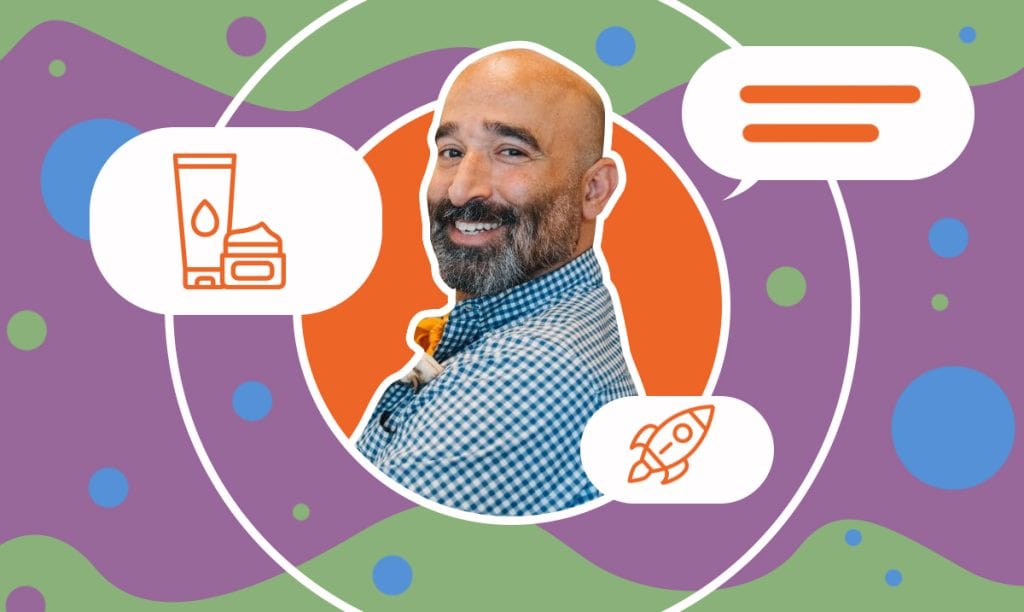
How a Retail Pro Turned Skin Sensitivity Into a Skincare Brand
Published on April 3, 2025
Read Now
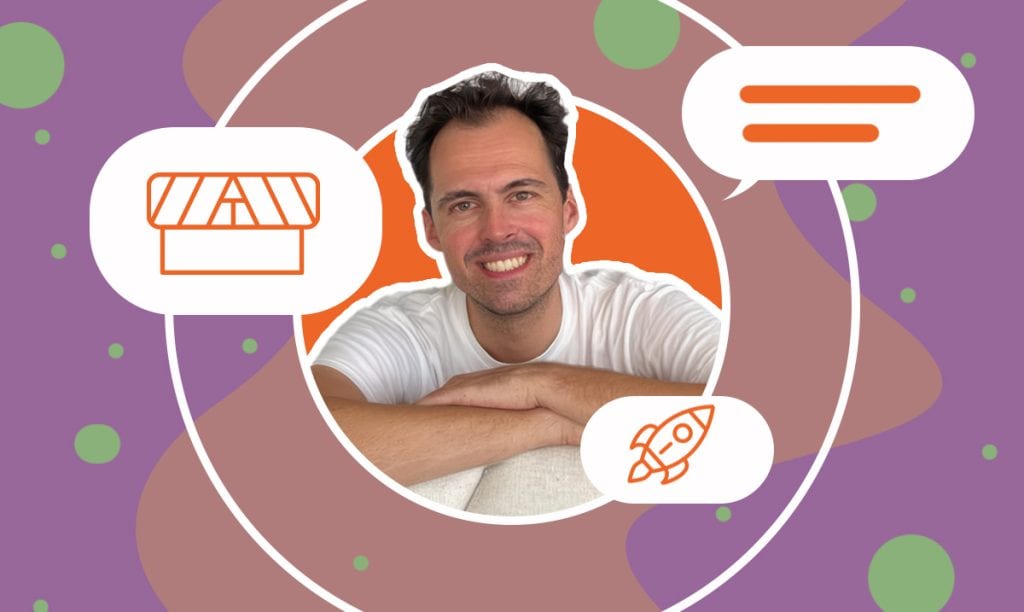
How AirTulip Improves Sleep Quality and Eases Allergies with Clean Air
Published on February 27, 2025
Imagine waking up feeling truly refreshed, breathing air that is 1,000 times cleaner than what traditional purifiers can offer. That’s the promise ...
Read Now
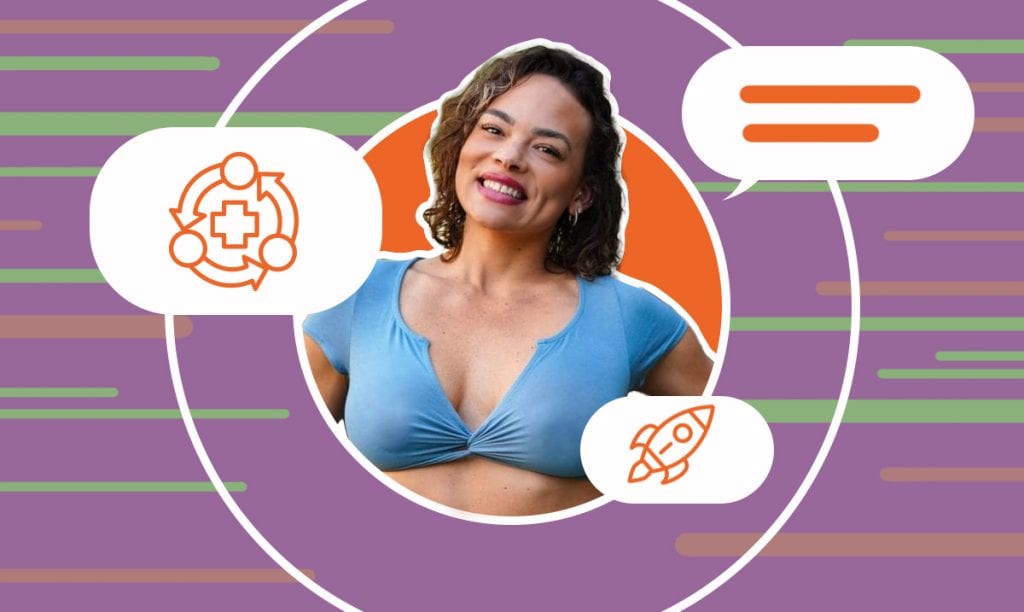
How Lin Mezori Is Transforming the Recovery Industry
Published on January 2, 2025
Lin Mezori, the matriarch behind Pure Recovery, has transformed the wellness and recovery space with her vision of blending innovative therapies and ...
Read Now
Love, love, loved this article! Truly an inspiration for her community and those beyond it!!